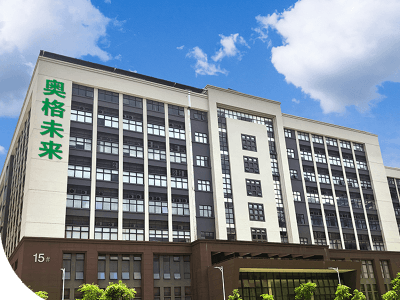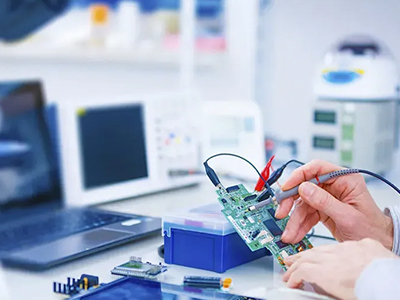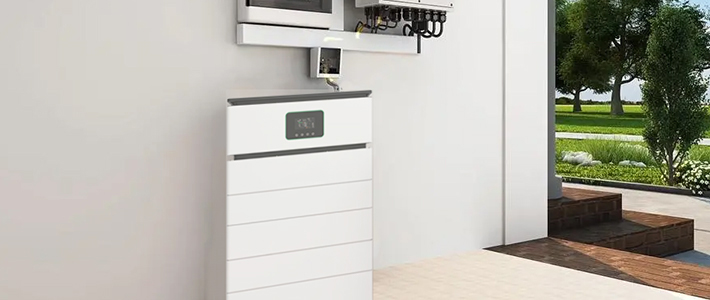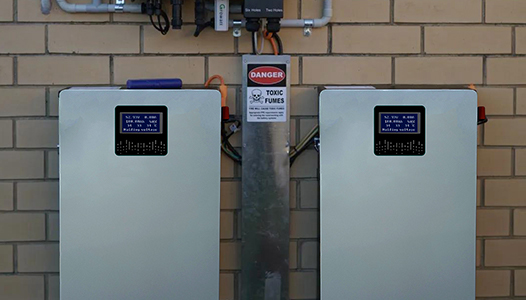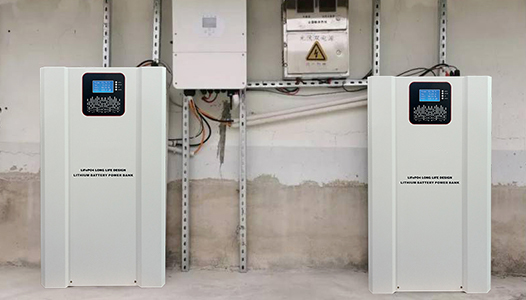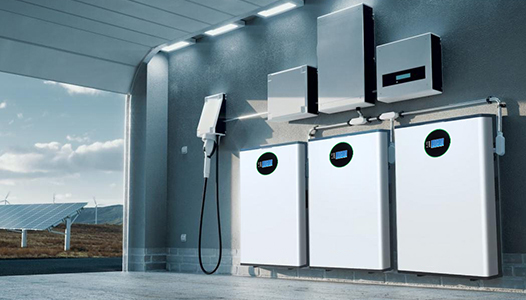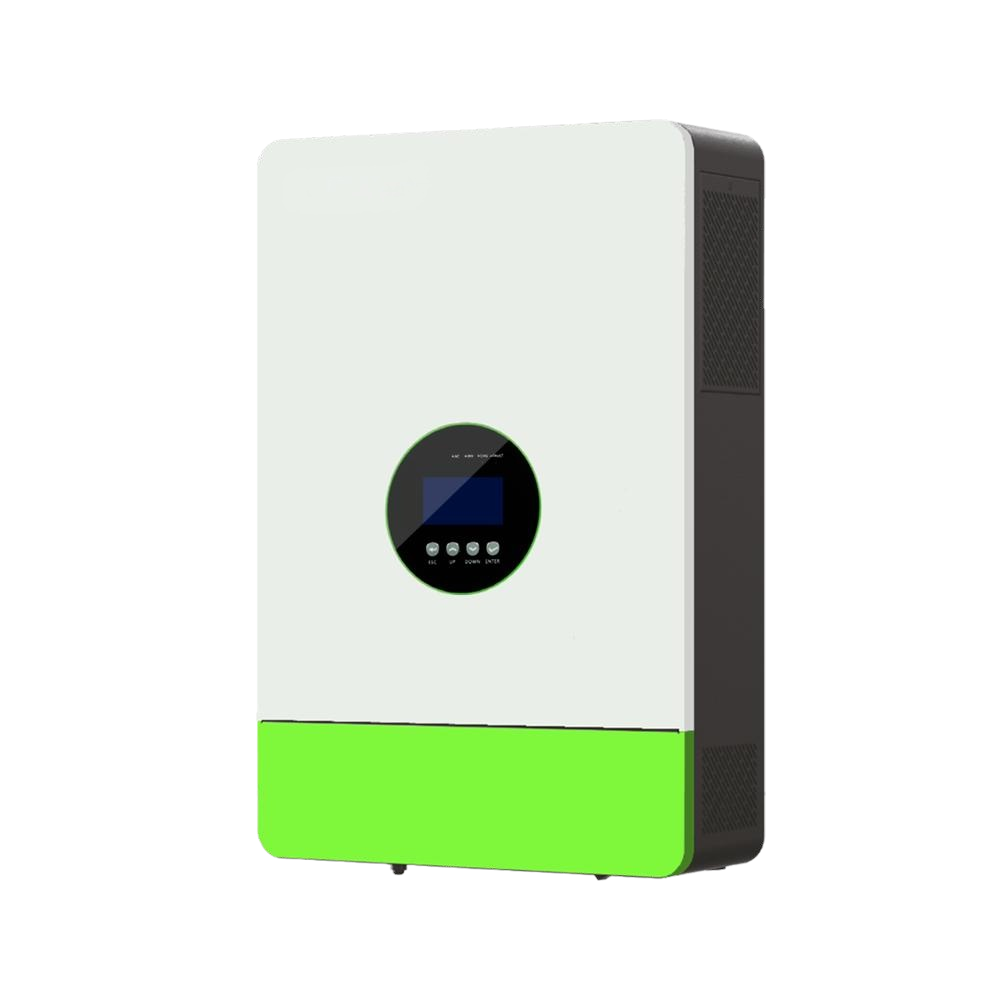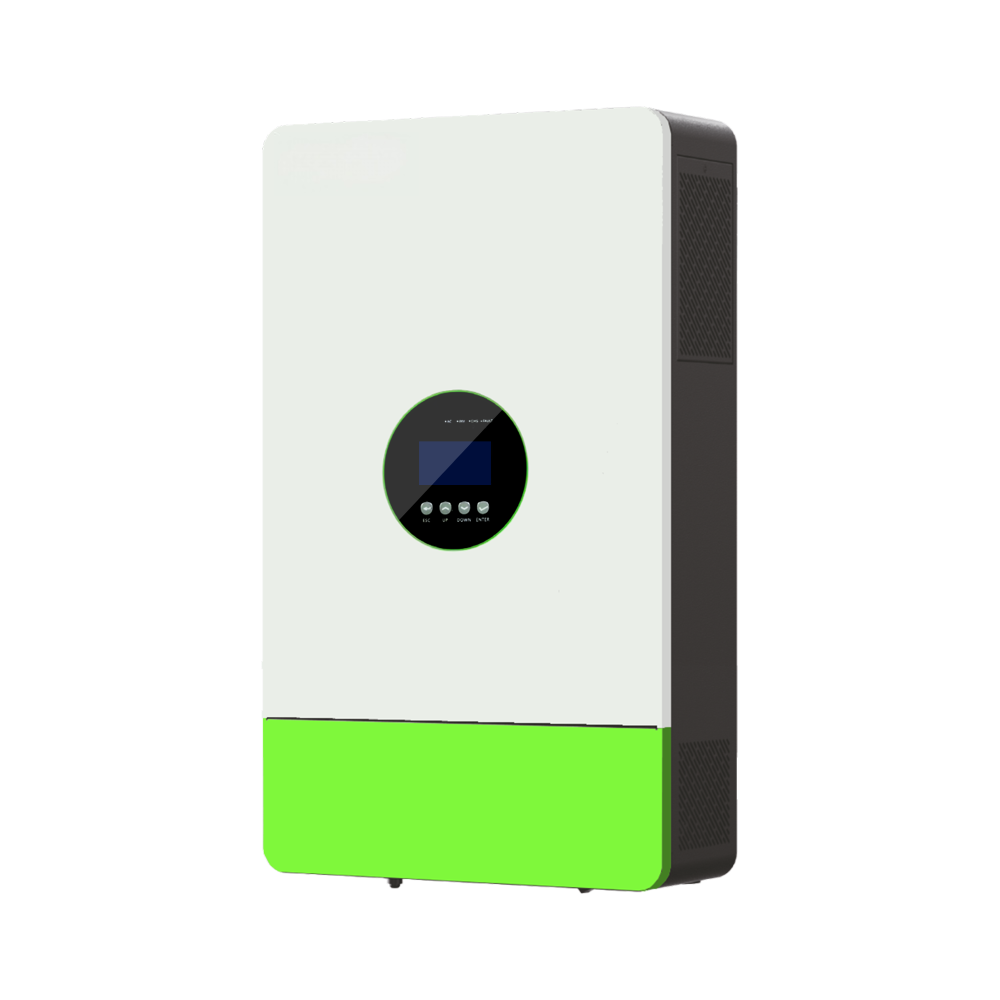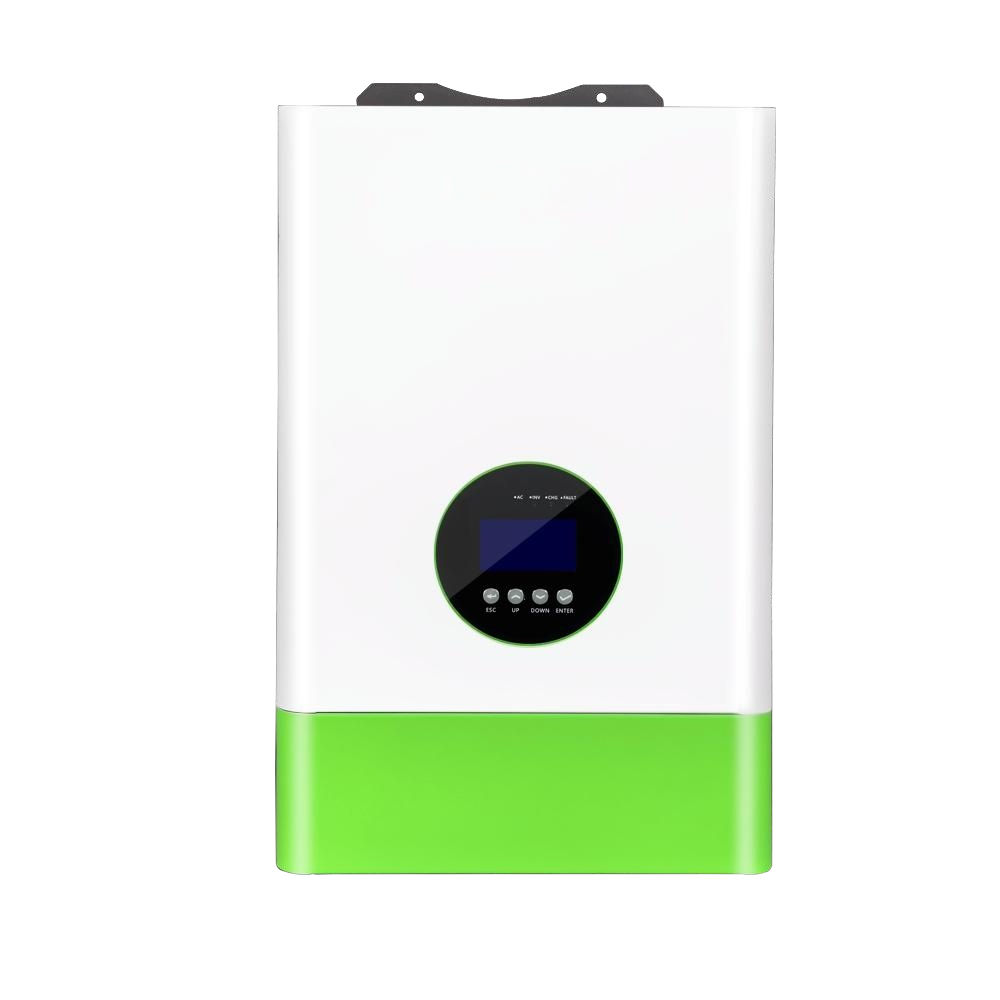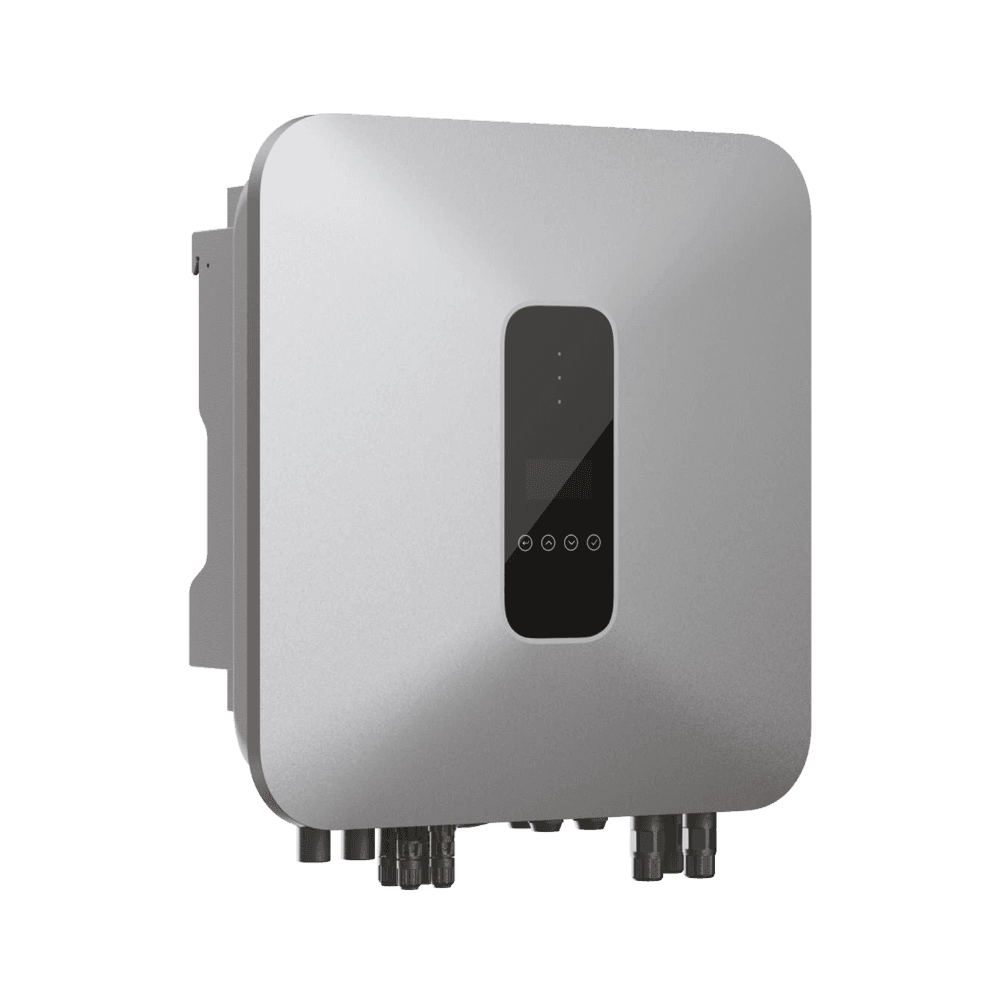 Home
/
News
/
Industry News
Home
/
News
/
Industry News
Recent advancements in inverter energy storage technology and their impact on renewable energy
2025-10-07
Recent advancements in inverter energy storage technology and their impact on renewable energy
With the growing global demand for renewable energy, energy storage technology has become an essential component of the energy sector. Inverter energy storage technology, as the core of the new generation of smart grids, is gradually changing the mode of energy production, transmission and consumption. This article will detail the latest advancements in inverter energy storage technology and explore its profound impact on renewable energy. As a leading company in the field of energy storage, Qianzheng New Energy has been committed to providing advanced energy storage solutions to promote the development of renewable energy. The purpose of this article is to analyze these technological advances and help readers better understand their potential and prospects.
1. Overview of inverter energy storage technology
Inverter energy storage technology primarily involves converting direct current (DC) into alternating current (AC) to power the grid or load. With the advancement of technology, inverters are not just simple power conversion devices but also an essential part of the smart grid. They enable efficient energy management and distribution, thereby improving the stability and reliability of the overall power system. Inverters are also capable of receiving and processing electrical energy generated from different renewable energy sources, such as solar and wind power, responding quickly to changes in load demand. All of this makes inverter energy storage technology key to advancing renewable energy applications.
2. The latest progress of high-efficiency inverters
In recent years, inverter technology has made significant progress in several aspects. The development of high-efficiency inverters has greatly improved the efficiency of power conversion. Some new inverters incorporate advanced semiconductor materials, such as silicon carbide (SiC) and gallium nitride (GaN), to achieve low-loss, high-efficiency power conversion. Modular design inverters are more flexible and can adapt to different sizes and types of energy storage systems, reducing installation and maintenance costs. The development of intelligent control technology has also given inverters more functions, such as automatically adjusting output voltage and frequency to cope with grid fluctuations and faults.
3. Integration of energy storage system and inverter
The development of modern energy storage systems is inseparable from the integration of inverters. By combining inverters with energy storage systems, stable power supply and optimal energy management can be achieved. The integrated system can automatically manage the charging and discharging process of the battery, and intelligently schedule according to grid demand and electricity price fluctuations, improving economic efficiency. For example, the multi-function inverter developed by Qianzheng New Energy can seamlessly connect with various energy storage equipment, providing flexible energy management solutions and further enhancing the anti-interference ability and service life of the energy storage system.
4. Application of inverter in distributed energy system
Distributed energy systems are an important part of the future smart grid, enabling local generation and consumption of energy, thereby reducing dependence on centralized grids. Inverters play a crucial role in this system. They enable the efficient conversion of various forms of renewable energy into the grid, maintaining the stability of the power supply. The intelligent management function of the inverter can optimize the distribution and use of energy, improving the overall energy utilization efficiency. Through continuous innovation, Qianzheng New Energy has launched a series of high-efficiency inverters suitable for distributed energy systems to support the wide application of renewable energy.
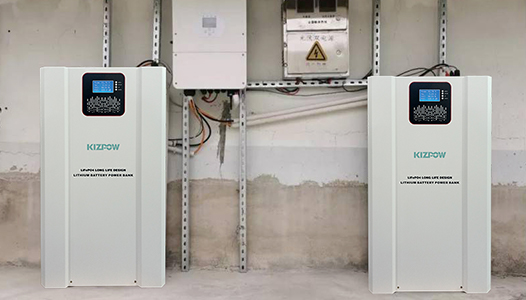
5. The impact of inverter energy storage technology on renewable energy
Advancements in inverter energy storage technology have significantly enhanced the reliability and affordability of renewable energy. High-efficiency inverters improve the conversion efficiency of electrical energy, reduce energy loss, and thus reduce the cost of using renewable energy. The introduction of smart inverters allows renewable energy to be integrated into the grid more stably, solving the common intermittent problem in traditional energy systems. Inverter energy storage systems can release energy during peak power demand periods, store energy during trough periods, realize intelligent energy allocation, and further optimize the energy supply chain.
conclusion
Overall, recent advances in inverter energy storage technology have injected new impetus into the development of renewable energy. Qianzheng New Energy's continuous innovation in this field has significantly improved the efficiency and reliability of energy storage systems and promoted the optimization and transformation of energy structure. In the future, with the continuous breakthrough of technology, inverter energy storage systems will play a more important role in the field of smart grids, distributed energy management, and renewable energy. We look forward to these technologies making greater contributions to achieving a sustainable energy future and driving the planet towards a zero-carbon era.
-
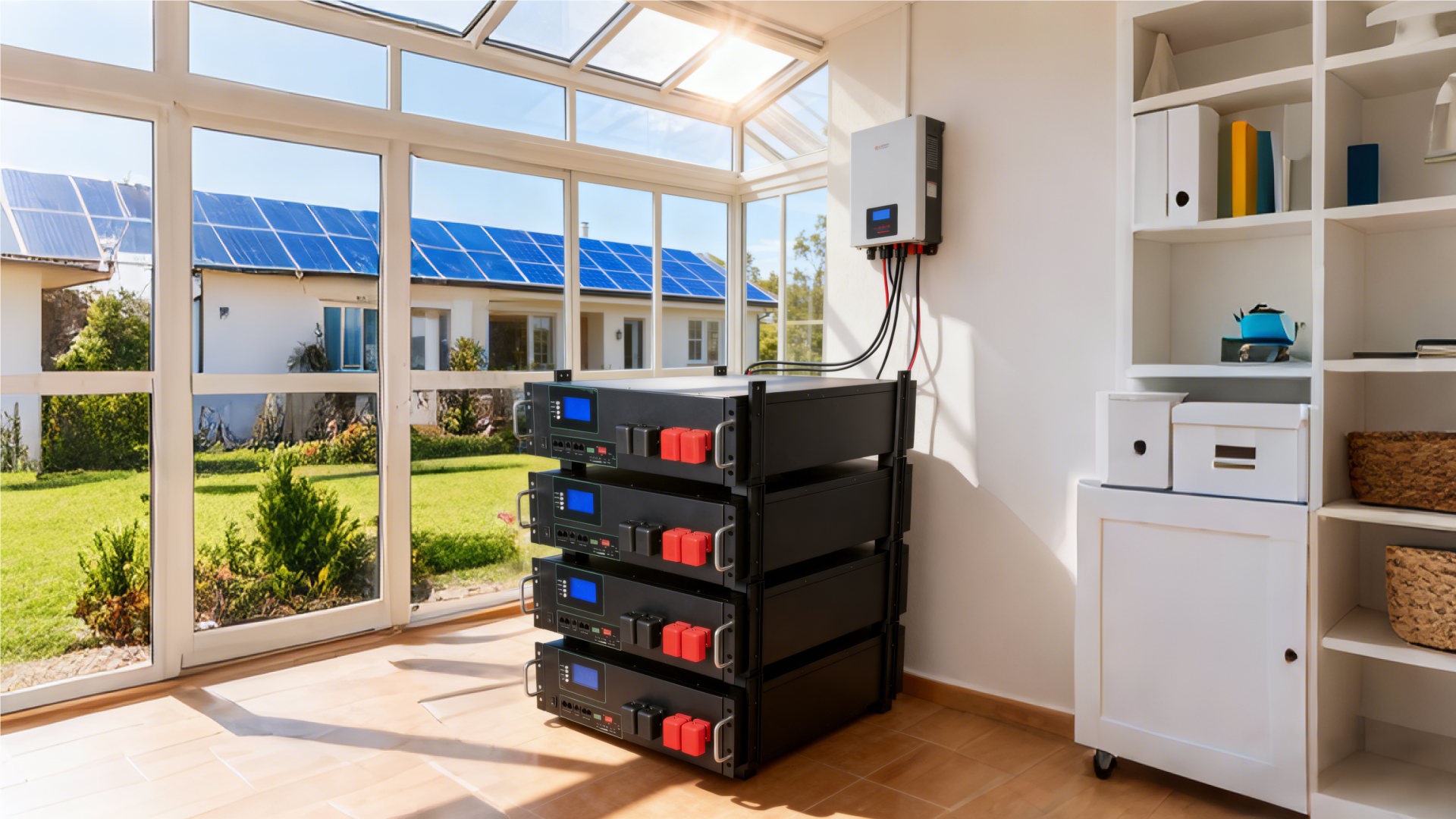
A Guide to Selecting the Capacity of Lithium Iron Phosphate Batteries and Inverters for Home Energy Storage
2025-11-27 -
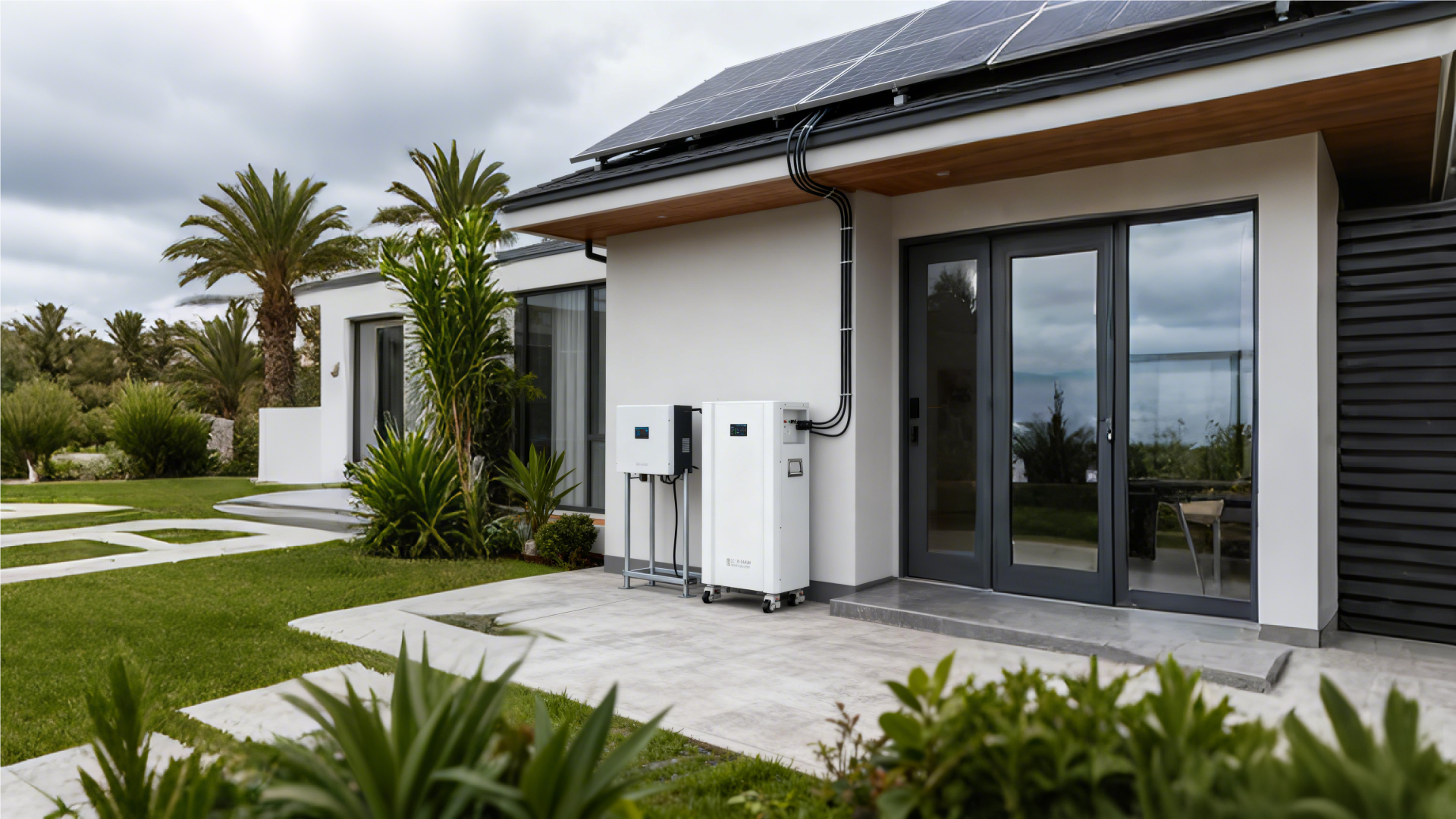
The composition of household photovoltaic systems
2025-11-25 -
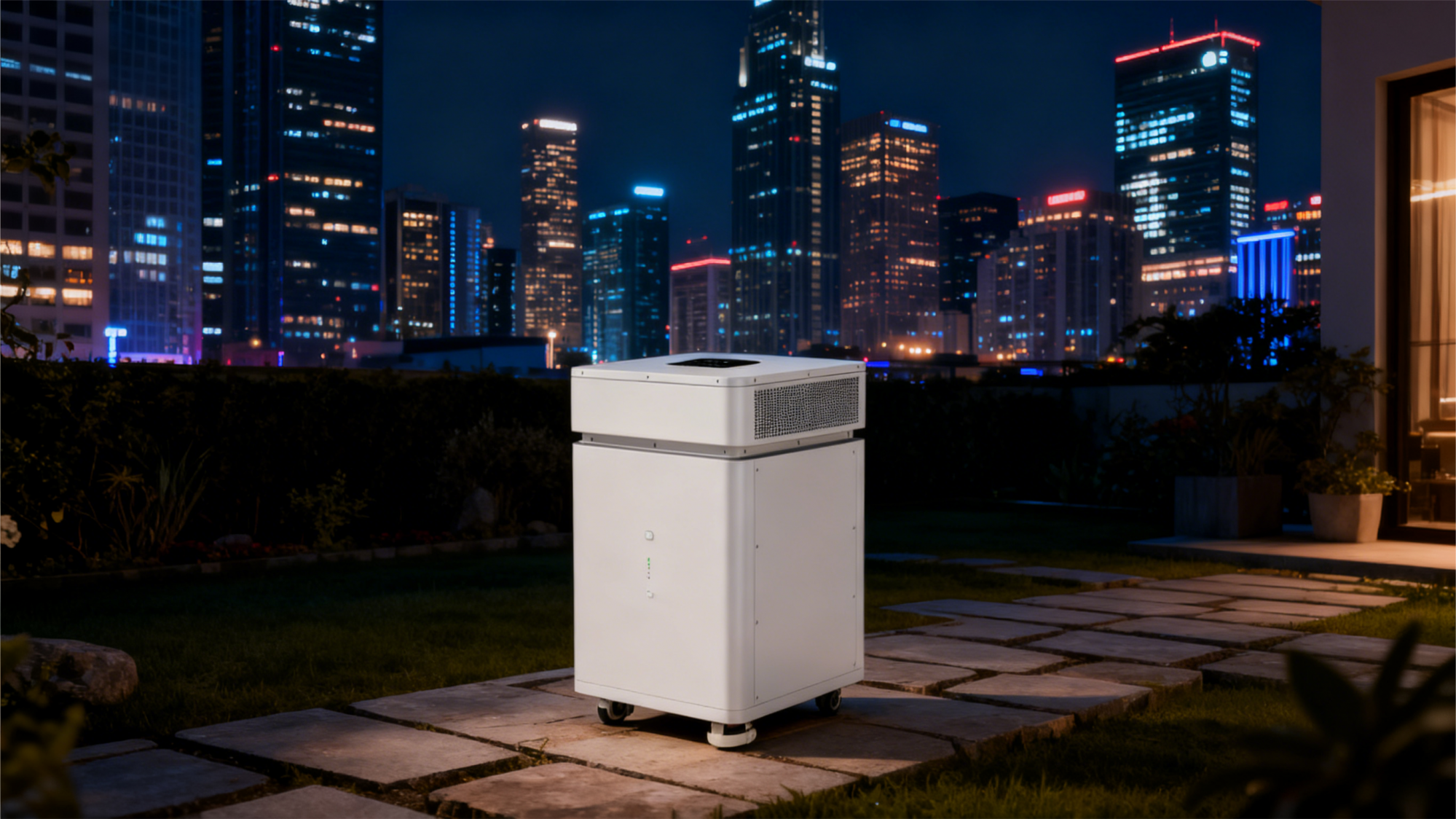
Energy storage inverter integrated machine: The core link of the energy revolution
2025-11-24 -
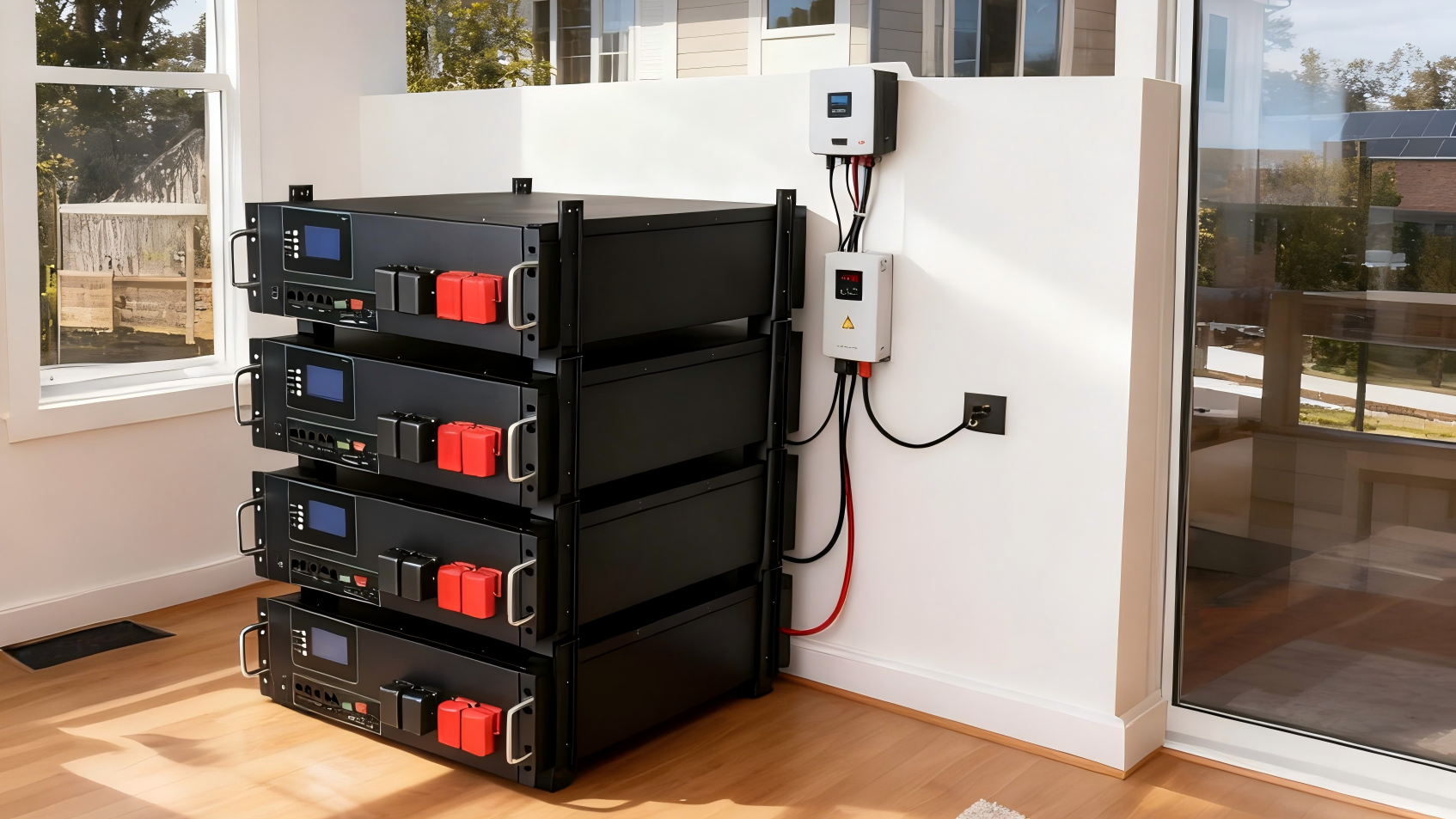
Stacked lithium iron phosphate batteries: A reliable choice for home energy storage
2025-11-21


